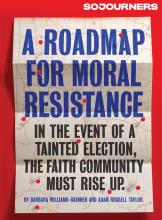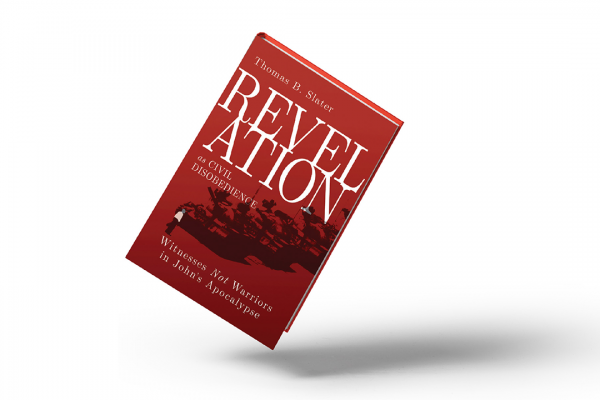JOHN LEWIS died the week I read this book. No American alive in 2020 was a better witness to the courage of nonviolent civil disobedience than Lewis. Ironically, that same week “warriors” from the federal government descended, uninvited and unidentified, on Portland, Ore. Violence exploded. The Bible’s final book, Revelation, seems more relevant than ever.
Thomas B. Slater’s slim volume is not a typical commentary on the biblical book, analyzing all its chapters and decoding all its symbols. Instead, Slater focuses on the political situation of seven small house churches in Roman-dominated Asia Minor (now western Turkey), to whom John of Ephesus wrote (Revelation 2-3). These believers lived in cities where temples or shrines represented the imperial cult, and all subjects were expected to offer sacrifices to the current “divine” emperor.
Read the Full Article

